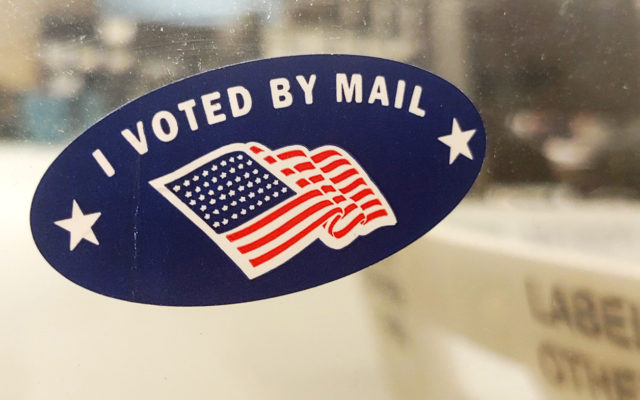Local voters included in cases of potential double and cross-state voting


The Washington Office of the Secretary of State has referred 142 cases of suspected improper voting in the 2018 general election to county election officials.
In a release, they say this improper voting accounts for for 0.004% of the more than 3.1 million votes cast.
Those identified as possibly voting more than once or voting on behalf of someone who is deceased.
Officials have been asked to turn these cases over to county sheriffs and prosecutors for further investigation and possible prosecution.
In an email to local elections officials, it states that two local voters were identified, with one still active in Grays Harbor and the other listed as inactive due to a returned notice as undeliverable. The names of those local voters are being held back to protect their identity.
Under state law, individuals who successfully voted, or attempted to vote, more than once in an election can be found guilty of a Class C felony, possibly resulting in up to a 5-year prison sentence and a $10,000 fine.
The effort to identify these possible improper votes are part of regular voter-roll maintenance done in partnership with the Electronic Registration Information Center (ERIC), a nonprofit organization dedicated to assisting states with improving the accuracy of their voter lists. Washington is among ERIC’s seven founding member states.
Washington Secretary of State Kim Wyman says this project and subsequent investigation is further evidence that there is no widespread voter fraud in Washington state.
“We take every suspected case of improper voting very seriously and when we find credible evidence improper voting has taken place, we turn it over to county election officials and prosecutors for further investigation,” said Wyman, the state’s chief elections officer. “As our country prepares for the upcoming election this fall, it’s imperative election officials work to instill confidence in the American electorate. We do that by maintaining that balance of access and security, ensuring every eligible individual has an opportunity to have their voice heard while protecting our elections from fraud and abuse.”
You Might Also Like



